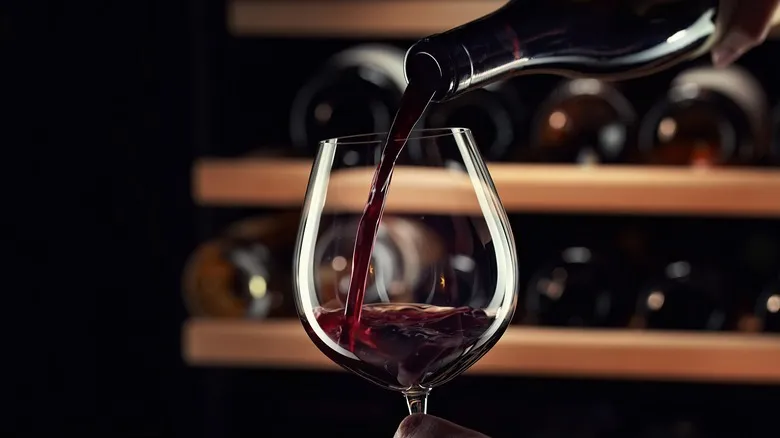Why some wines get better over time
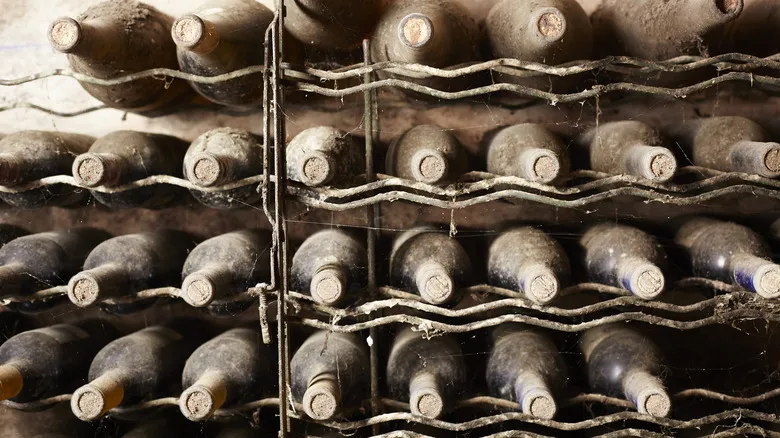
What causes some wines to mature beautifully while others deteriorate over time? The intricacies of wine aging are multifaceted and require considerable expertise, with elements like climate and terroir influencing a wine's peak after bottling. However, three primary factors determine a wine's capacity to endure over the years. One of these is tannins. These bitter, astringent compounds are commonly present in wines and serve as natural preservatives. Wines with elevated tannin levels typically age well, often mellowing over time to create a smoother, less astringent profile.
In addition to tannins, acidity plays a crucial role in preserving wine and can enhance the longevity of your bottle. It also helps to balance the various flavors within the wine. Surprisingly, sugar, much like acidity and tannins, contributes to extending a wine's shelf life by slowing its aging process.
How to store your wine
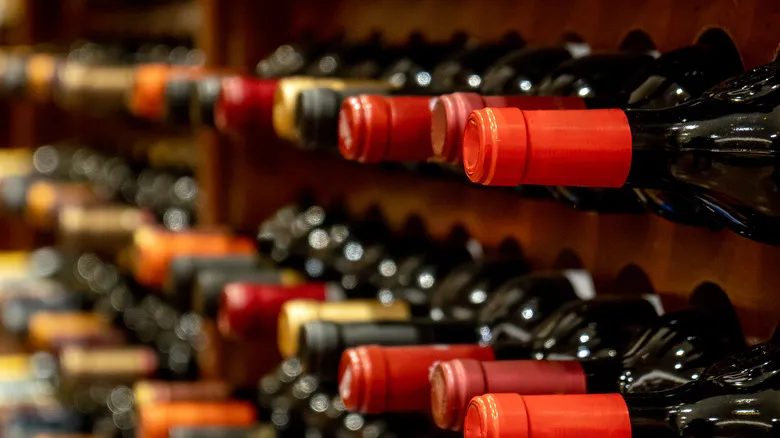
Nonetheless, regardless of how well a red wine may mature, it won't matter if you neglect to store your wine bottles correctly. There’s a reason why serious wine collectors often keep their collections in dark, cool cellars: these conditions help preserve the bottles over time, protecting them from factors like light and heat that can negatively affect the aging process.
This doesn’t mean you need a full cellar beneath your house, but you can certainly borrow some ideas from a wine cellar's arrangement when determining how to store your own collection. Ideally, your wine should be kept in a cool, dark environment—such as a basement or an interior room. You don’t require a dedicated space, but placing your wine in a cabinet to shield it from light can help prevent it from aging prematurely. Additionally, always store your wine bottles on their sides to keep the cork moist. A dry cork can lead to early oxidation, which may spoil your wine.
According to Medical News Today, while spoiled wine isn’t typically dangerous to drink, it can occasionally lead to food poisoning in rare instances. More often, it simply tastes unpleasant, resembling vinegar more than wine. Therefore, it’s important to monitor your wine’s color and aroma. If it appears brown or cloudy, or if it has an off smell or resembles vinegar, it’s best to avoid drinking it. However, if you store your wines properly, you should be able to enjoy your favorite red wines for many years before indulging.
Recommended
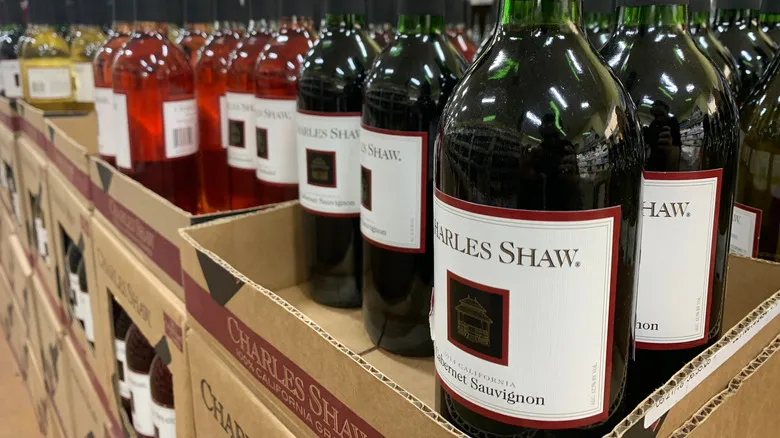
How Trader Joe's Picks The Wine It Sells And How To Spot Its Best Bottles
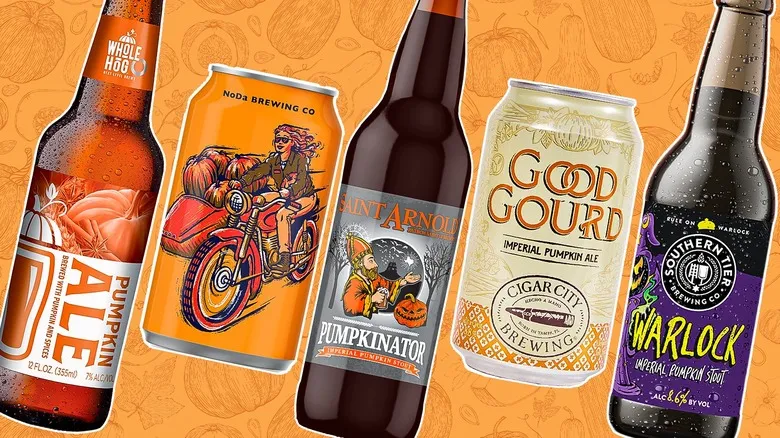
13 Pumpkin Beers You Should Be Sipping On This Fall
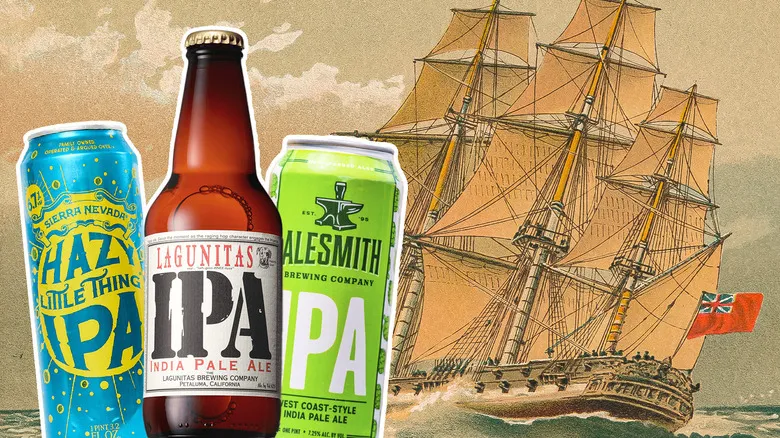
The 18th Century Origin Of IPA Beer
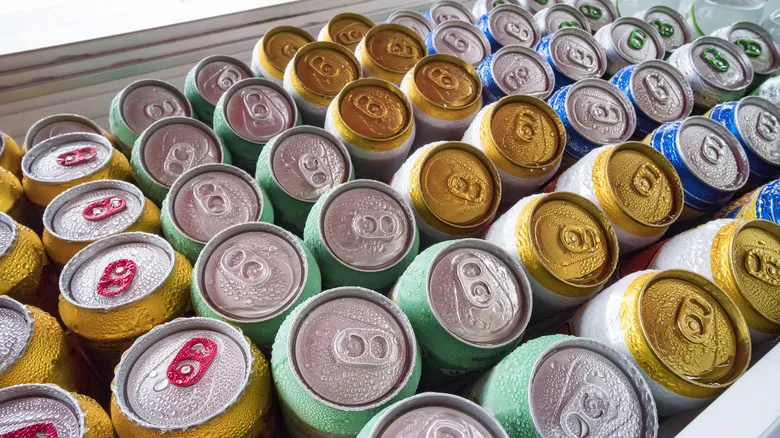
How Long Canned Beer Lasts In The Fridge Vs At Room Temperature
Next up

